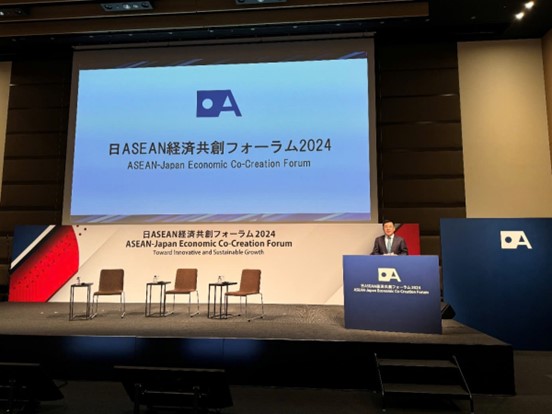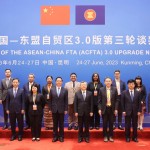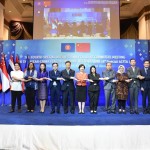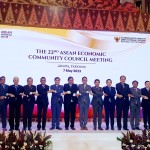Tổng số bài đăng 465.
On December 20, 2024, the ASEAN-Japan Co-Creation Economic Forum took place in Japan, attracting the participation of senior ASEAN officials, Japanese representatives, and international experts. The event focused on three key areas: “Next-Generation Transportation,” “Digital Technology and AI,” and “Green Transition,” aiming to promote collaboration between the two parties amidst significant global economic transformations.
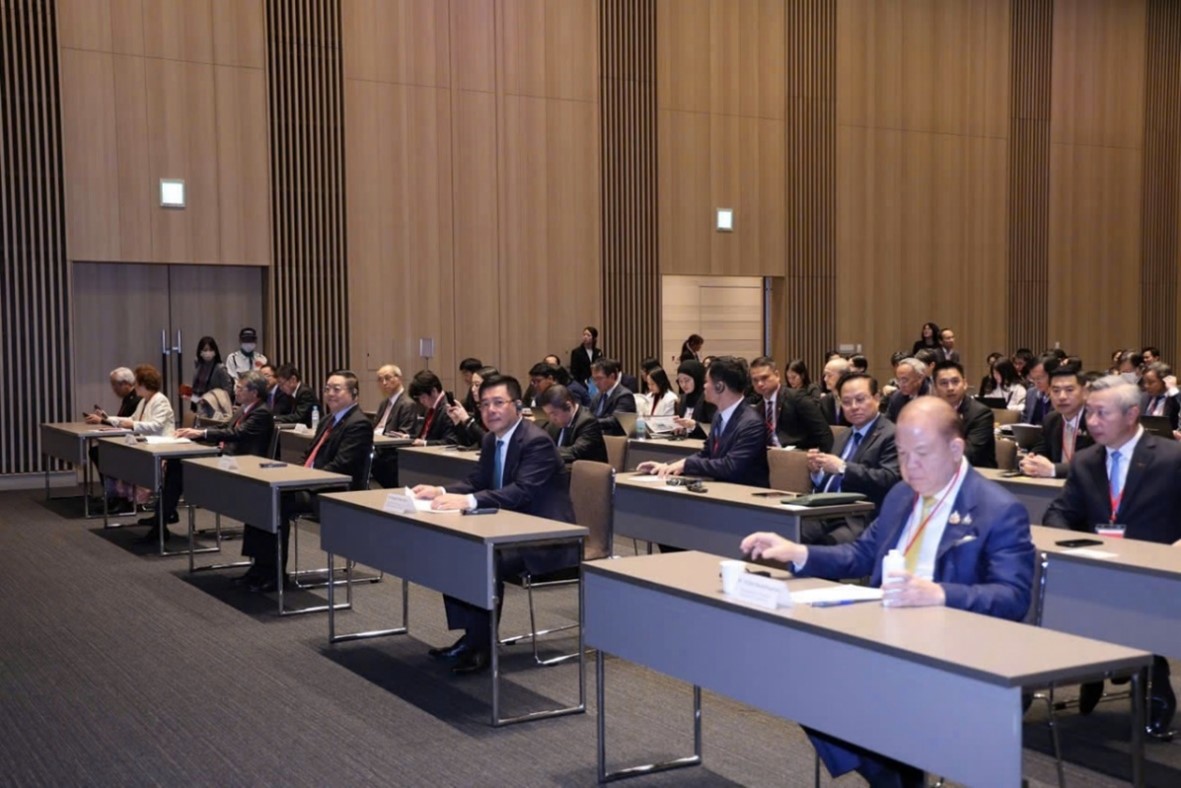
In his remarks at the forum, Vietnam’s Minister of Industry and Trade, Nguyễn Hồng Diên, commended the ASEAN-Japan relationship over the past 50 years and highlighted three potential areas for future cooperation:
1. Industry:
The Minister proposed that Japan support ASEAN in transitioning industries towards high technology, focusing on the production of electronic components, automation, and new materials. Collaboration should also include the establishment of smart factories using IoT, AI, and Big Data, the production of green-compliant industrial products, and the development of high-quality human resources through exchange programs.
2. Energy:
ASEAN and Japan have significant potential for cooperation in renewable energy development, including solar, wind, and biomass, leveraging Japan’s leading hydrogen technology. Vietnam, with abundant resources and renewable energy potential, can play a key role in the green energy supply chain. The two sides should also diversify energy sources, build an ASEAN power grid, and explore nuclear energy development.
3. Next-Generation Transportation:
Japan, with its strengths in electric vehicles (EVs) and energy storage technology, can assist ASEAN in building EV production hubs and ecosystems, including EV charging stations and hydrogen refueling infrastructure. Favorable policies in Vietnam and other ASEAN countries will further boost this sector, contributing to the “greening” of regional transportation.
Minister Nguyễn Hồng Diên emphasized that the ASEAN-Japan partnership presents vast opportunities to foster sustainable economic growth, improve living standards, and protect the environment, laying the groundwork for future achievements.
In conclusion, the prospects for ASEAN-Japan relations in industry, energy, and next-generation vehicles are highly promising. The two sides must seize these opportunities to drive economic development, enhance quality of life, and safeguard the environment. With determination and close cooperation, significant achievements will undoubtedly be realized in the future.
